I believe praising them is the way to go. I praised my children too but if they did something wrong, I would reprimand them as well. I think a little of both doesn't hurt.
I Decided to Follow the Trend of Praising Children Even If They Behave Like Little Monsters

Recently I went to a supermarket with my son. He, as always, rushed to the toy section and began to whine that he needed all the toys. I just said, irritated, that we wouldn’t be buying any toys because we came to buy food. And he wasn’t a little boy anymore. Then I saw that a boy next to us grabbed a toy car and began to scream and stomp his feet. And his mother was as calm as could be. She smiled and said something quietly to him. The kid calmed down, and they left without the car. Was it some kind of witchcraft... How did she do it?
My name is Mary, and like any other parent, I know that day doesn’t go by without scolding in the process of raising children. But recently I got really tired of the boring harping, full of finger-wagging about the school, cleaning up, and so on. So, together with Bright Side, I decided to conduct a small family experiment.

I can’t really say that my son and I fight often. I’d rather call the process of getting to school or to a museum as monotonous arguing. I ask many senseless questions, like “How could you do that?” or “What kind of person would do something like that?” and my son just shrugs lazily.
But the main thing is that they don’t affect the result at all. Studying doesn’t get done any more quickly, and his room doesn’t get any cleaner. We are all unanimous in our discontent. But I can’t just leave my child alone, so I decided to change my approach. What if I don’t scold him but praise him instead?
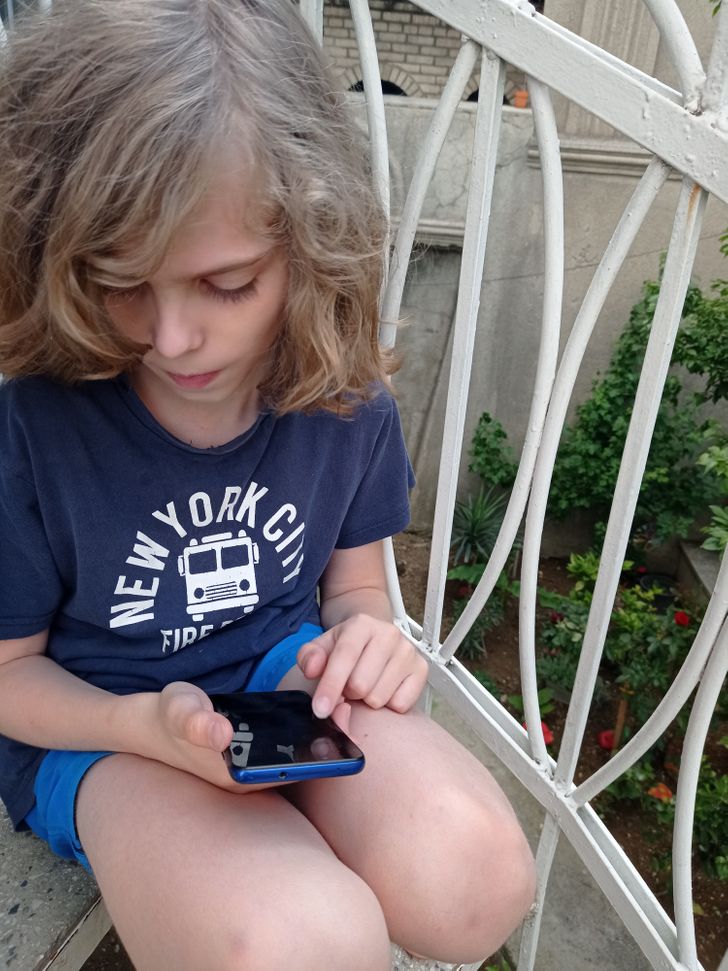
It’s worth mentioning that psychologists are not unanimous about the method of verbal praising of children. Some experts say that a lack of praise from parents leads to a child’s low self-esteem. Others claim that too much praise leads to the wrong motivation.
Psychologists say that the main thing is to positively evaluate not the child or their qualities, but their actions. And parents should do this in exceptional cases. Otherwise, the child gets used to exerting effort just for the sake of hearing nice words, not to achieve their goal.
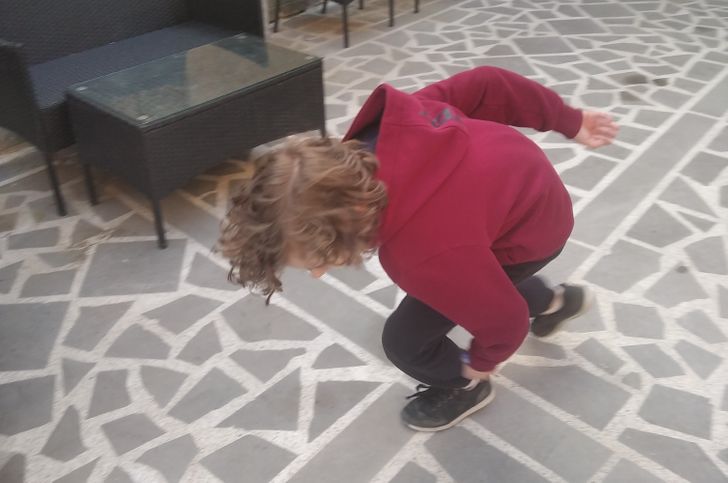
But I decided to praise the things that are not accustomed to being approved at all. It took me a week to test this new approach. I started with simple things. During bedtime, my son began to run and jump making a lot of noise with his “pew pew” and “kaboom.” So I was on the verge of shouting, “Go to bed, now!”
I couldn’t do that. But at the same time, I couldn’t think of any positive statements in this situation. I put myself together, and said, “Good job! Physical exercising before bed is good for your health!” My son stumbled and even stared at me in doubt, and then immediately reported that he wasn’t sleepy. “Great,” I noted energetically. It took me a lot of willpower to swallow insisting that he read instead of running around the apartment.
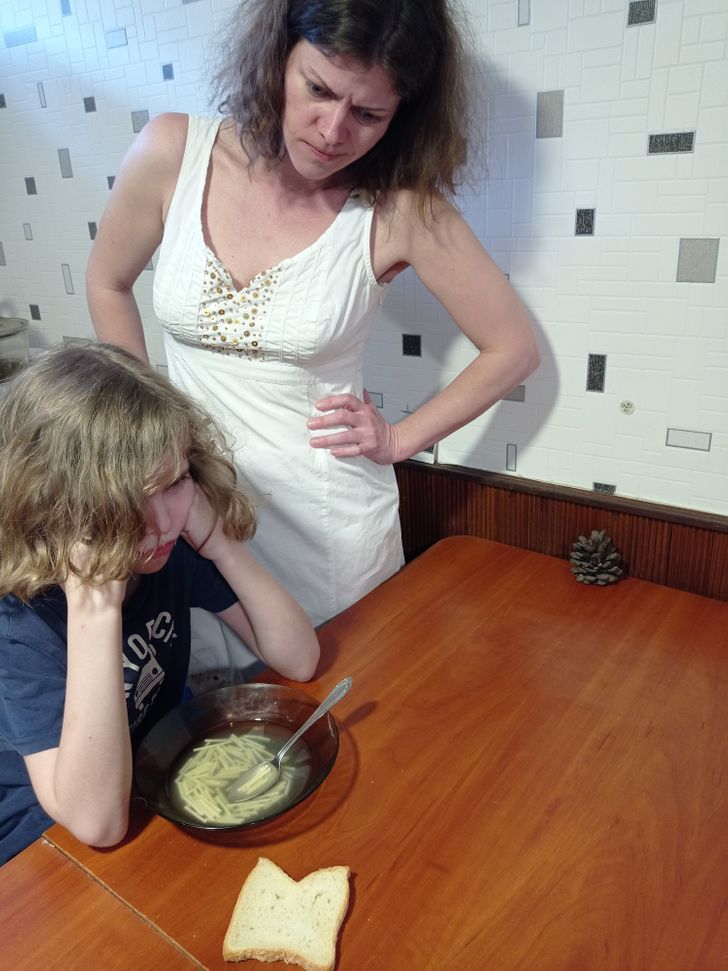
The following morning was surprisingly quiet. Without being reminded, my son did morning exercises, had breakfast, and packed for school. It took 10 minutes longer than usual without my control. But we were happy and content.
But it wasn’t as smooth with food. “The meat is bad, there are tomatoes in the pasta. The bell pepper is green, and not red.” It really hurts to be criticized about your cooking skills by your 9-year-old. No positive reply came to mind. So, I said desperately, “It’s great that you speak honestly about what you like and what you don’t. When I was a child, I was shy about saying that, and usually it ended badly.” My son got so interested that he listened to my dramatic stories about carrots and steamed eggplant until the end of our breakfast.

My only mistake was that I forgot to warn my husband about my idea. And it all came out sideways. I moved from reproaching to praising, while my unsuspecting spouse continued to maintain discipline. A day later, our child figured out the new scheme — mom praises, dad scolds. After another serious conversation with his father, he ran to me to complain. I had to confess to my husband.
We had an unplanned fight. My husband said that the idea was ridiculous. How could I come up with it without talking to him first? I couldn’t think of something smart to explain my approach, so I persuaded him to wait another week and see if something good would come out of it. But my husband refused to take part in this experiment. Did it really look that stupid from the outside?
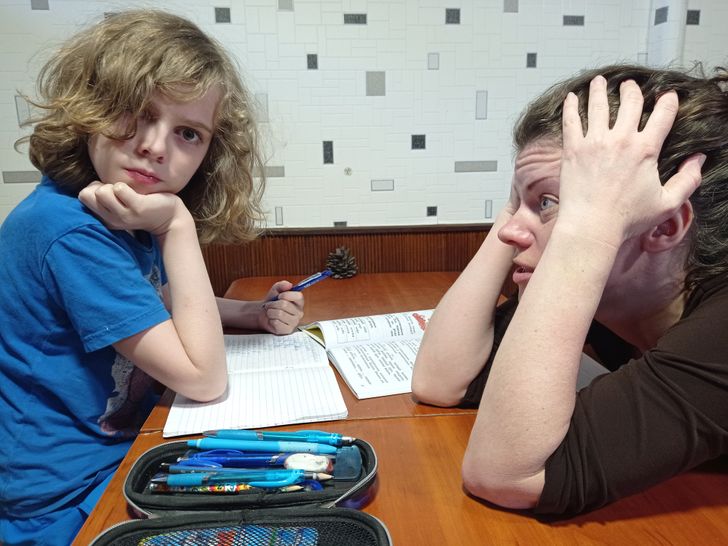
Homework is a daily ordeal. At first, I have to make my son at least sit at the desk. Then I have to listen to him complain about how boring the school is, how stupid math is, and how bad the textbooks are.
When I had to repeat 35 times that it was time to take out his textbooks and exercise books, I was ready to explode or cry with despair. My son just waved me off lazily, “Just give me 5 more minutes...” I put myself together and noted merrily, “Well done! You know how to set priorities.” My child froze in astonishment. Then he looked at me strictly and said, “Mom, is that sarcasm?” I pondered a bit and replied, “No, it’s an experiment.”
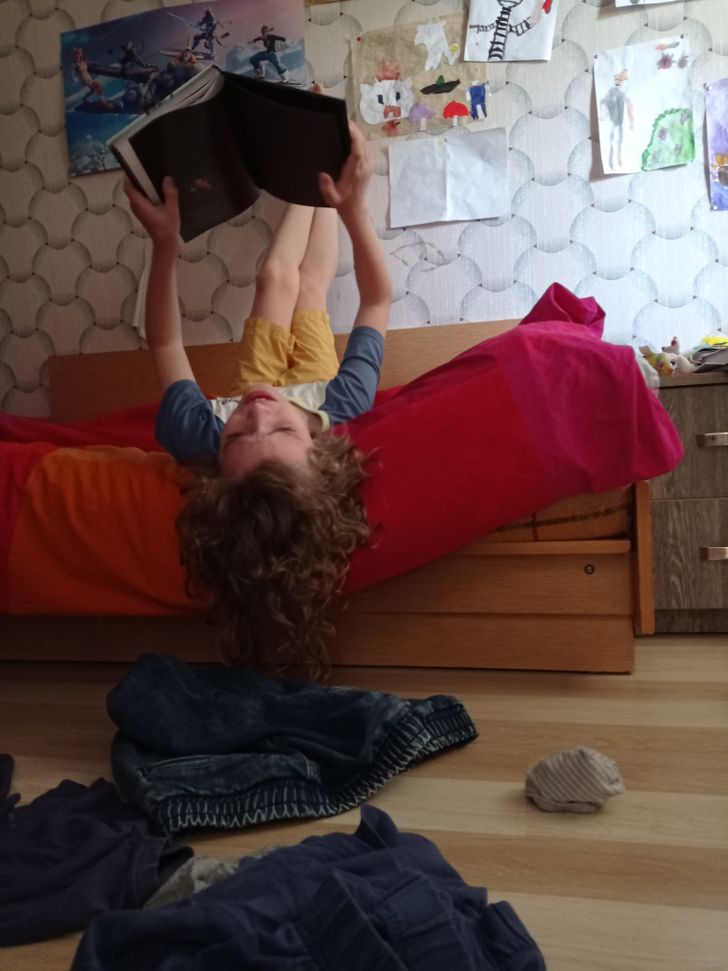
I told him about my idea. That I was too tired to fight with him, and that I would praise him from now on. So we would check to see whether it worked or not. My son was thrilled. The following day, it became our exciting game.
At the same time, my mother-in-law was unhappy that I constantly praised my child. For what? His room was a mess, his homework wasn’t done. “What will he be when he grows up?” she asked. I replied to her calmly, that my nerves and the nerves of my son were more important to me. He would learn to clean up when the time came.
Though my child set me up a few times. The teacher reproached him for the mess in his exercise book. He said that his mom praised him for that. Later that evening, I caught hell from her on WhatsApp. I was embarrassed but decided to tell her that it would be best for him to find and correct his own mistakes than to be afraid to make them.
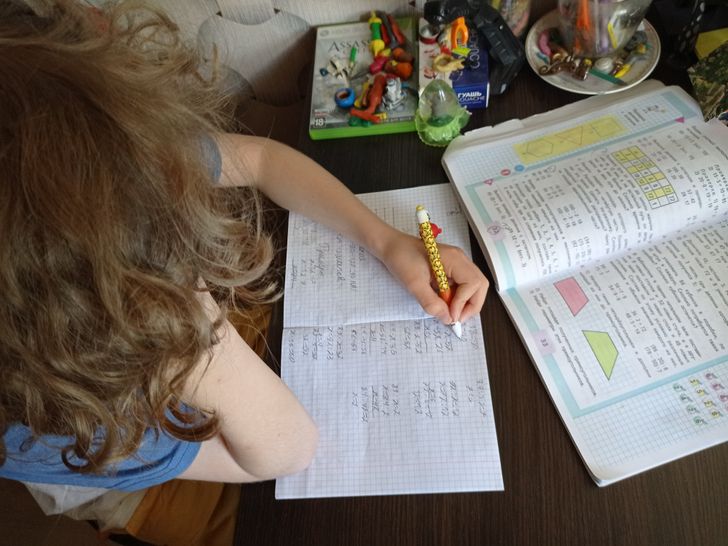
There were bad moments too. My son and I were riding a packed bus. He was sitting and staring at his phone. An old lady about 60 years old was standing next to him. I whispered, “Let this old lady sit.” He replied, “She’s not old.” I suddenly felt sick. Then the woman said, “Thank you for the compliment. It’s true, I’m not really old.” My son smiled at her, and said, “If you want to, I can move, or hold your bag.” We left the bus at the bus stop, and this time I couldn’t hold myself back and I shouted at him. He went pale and whispered in an offended voice, “Mom, you promised not to scold me.”
But I was shaking with fury. He was a big boy, how could he behave like that? Then I calmed down and felt ashamed. It was not about his impolite words, but about my promise. I hugged him and said, “Sorry, it’s hard to get rid of bad habits. But there is nothing to praise either, don’t you agree?”
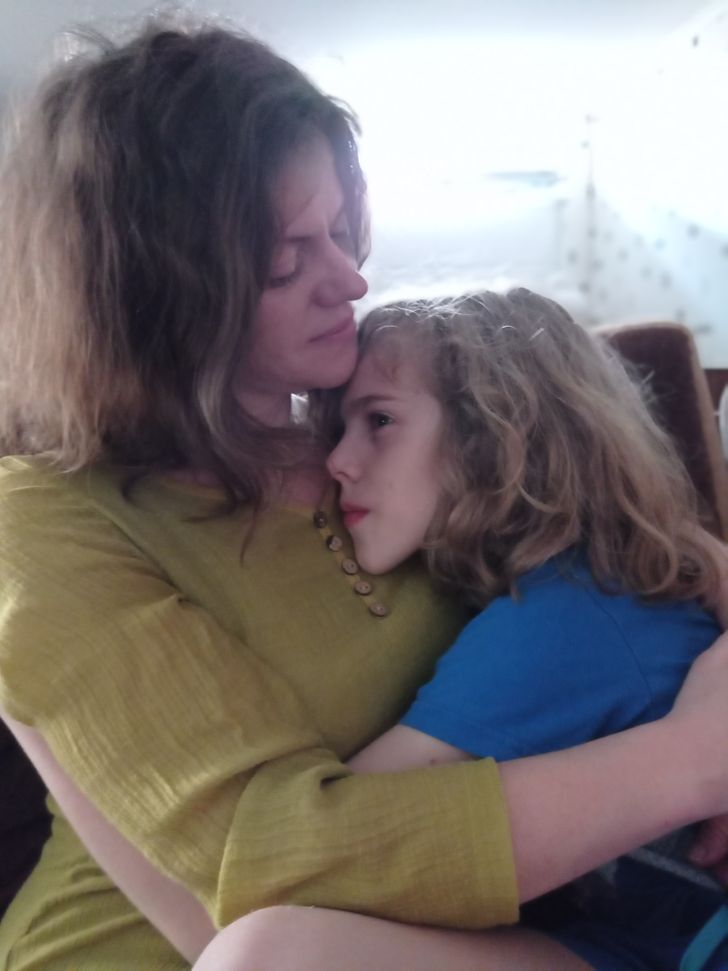
The experiment wasn’t easy for me either. I decided to ask my son what he thought about it. He said that he liked it. He was just sometimes tired of reminding me that I had to praise him. I was really upset.
Was I so accustomed to lecture my child at any convenient moment that I couldn’t cope with my own experiment? What kind of mother was I? My husband also wasn’t happy with my educational experiment. According to him, nothing really changed about our son’s behavior. However, when seeing my depressed face, he noted that I began to grumble less, and that was great. So, I decided to leave praising behind and focus on criticizing both my son and my husband less. I just try to think of something positive first and then say something aloud.
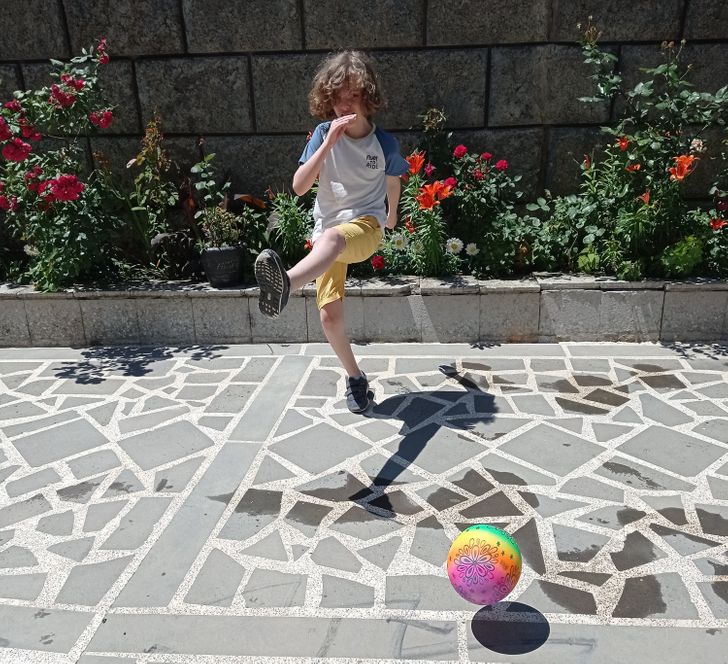
Well, I can’t say that we have sorted out all of our problems with discipline or homework, but our home has become much more peaceful. It’s stupid to praise your child all the time. The process begins to sound like a joke, or like mocking. But at least I learned to not lecture him at any possible moment. We have all become calmer. My son now solemnly says that fighting is not the best way to get what you want.
What is more effective in your opinion, praising or lecturing? Tell us in the comments below.
Comments
Rewarding positive behaviour is one thing, but a firm "no'' goes a long way too. This read like the writer couldn't be bothered to discipline her kid because it made her stressed. The role of the parent in the animal kingdom is to teach the child right and wrong. If you constantly reward all behaviour, the child will never know the difference between good and bad.
funny thing, it's praising your own child is so uncommon that parents literally need to push themselves to do that
Natural and logical consequences can facilitate learning, rather than scolding too. Let a child take responsibility for their failures. Let them learn!
I've dealt with kids praised all the time by their parents for nothing as a teacher. It's great for one kid but try it as a tool of discipline when you're trying to teach a group of 30 in a classroom all together at once. Kids like that can be a nightmare for a teacher who is required to get through a certain amount of instruction in a set period.
You want to know why public education is failing? Classrooms full of children who need constant praise before trying to learn. Private schools can pick and choose kids and limit class sizes. They can remove kids who won't cooperate when asked. Parents who only praise and entitle their children really don't support teachers.
Related Reads
I Won’t Babysit My Grandkids Ever Again After My Daughter and Her Husband Embarrassed Me at a Family Event
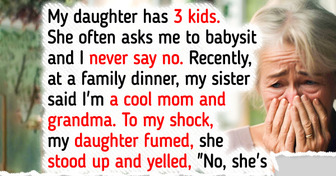
A Woman Avoids a Potential Stalker by Following Safety Advice She Read Online

I Taught My Sister-in-Law a Lesson Because She Refused to Pay for Her Meal
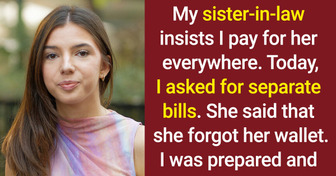
12 Moments When Stepparents Became Their Family’s Silent Heroes

14 Friends Who Have a Black Belt in Creating Awkward Situations
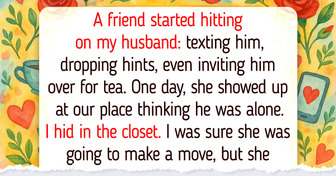
I Was Fired for Taking Days Off During a Family Emergency
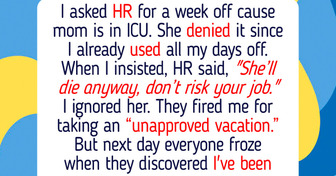
12 Moments Where Empathy Showed the Power of a Kind Heart
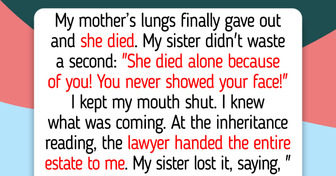
My Neighbor Refused to Help My Autistic Son, She Wasn’t Ready for My Revenge
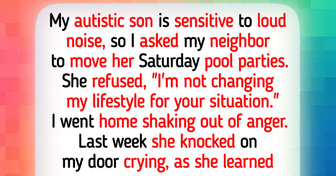
I Refuse to Name My Baby After My Mother-in-Law, She Crossed a Line

I Cut Off My Parents After They Demanded My Inheritance—and I Don’t Regret It

My MIL Humiliated Me in Front of Family, So I Exposed Her Secret
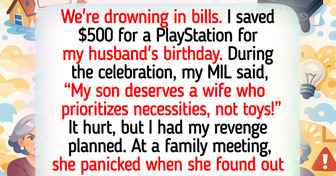
My Toxic Coworker Spread Lies About Me and Got Me Demoted—but I Got the Ultimate Victory
